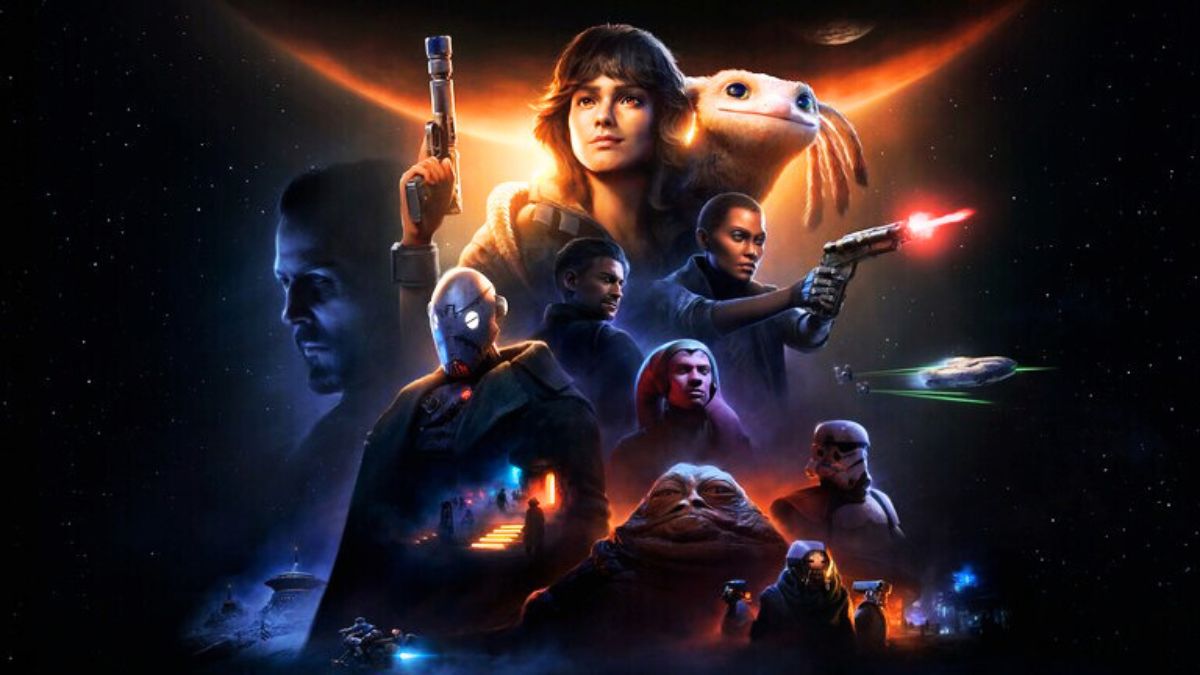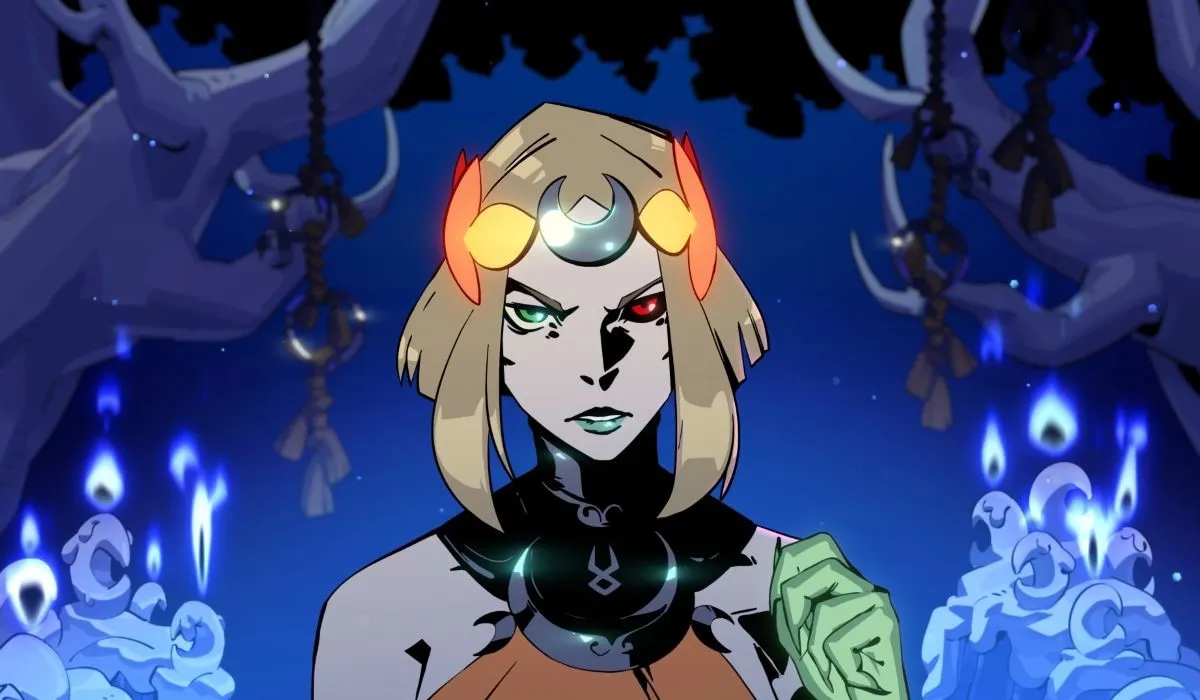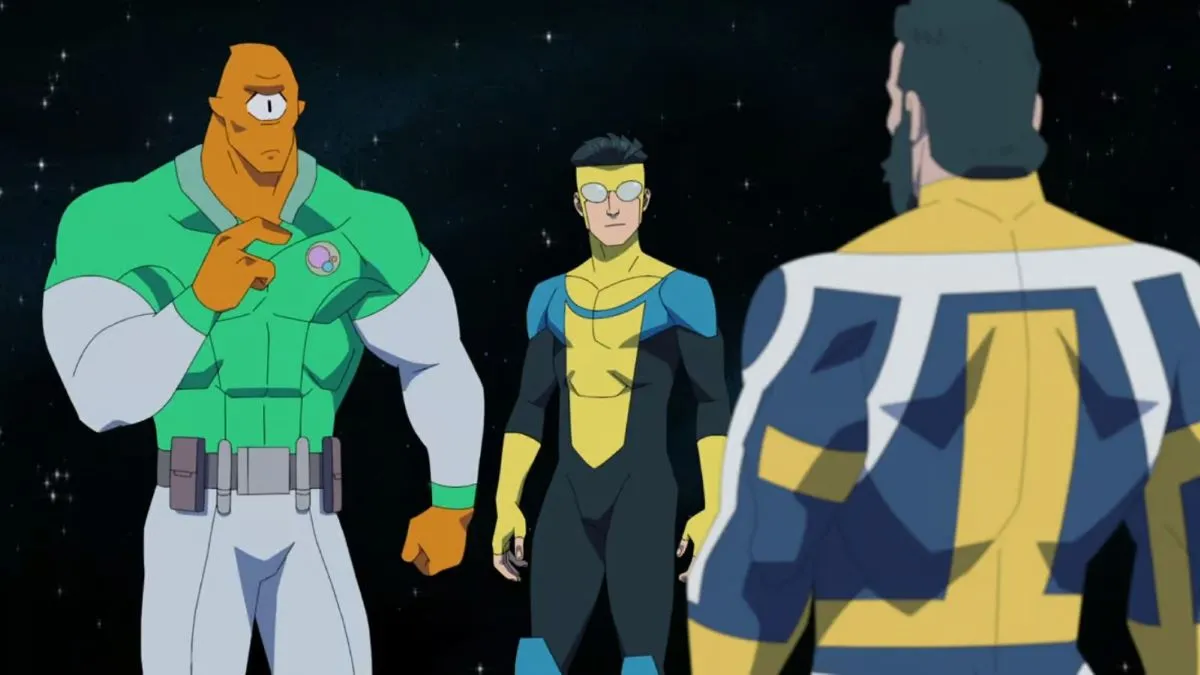Mozilla, mo’ problems.
Last spring, Firefox Mozilla was criticized heavily for appointing anti-gay-marriage supporter Brendan Eich to C.E.O. Eich’s new position as a figurehead caused such a furor that he stepped down in a mere eleven days, which one might think would have made the company more careful about doing its research in the future. Sadly, it was not to be.
Over the past week, Mozilla Firefox’s new online magazine The Open Standard has published two editorials addressing Gamergate; the first piece, by education writer writer Audrey Watters, addressed ingrained misogyny in tech and called Gamergate’s harassment of female devs and journalists a “tech-ed issue.”
According to The Verge, after publishing Watters’ article The Open Standard “found itself in the crosshairs of Gamergate supporters who believed they had been unfairly profiled, including Eron Gjoni.” Since the initial piece received such vocal negative attention, Mozilla elected to play devil’s advocate, publishing a rebuttal by tech and game journalist Georgina Young (Young identifies as “neutral” on the movement). Young’s article called attention to the harassment of Gamergaters themselves:
While figures such as Anita Sarkeesian (who wishes for critiques such as hers to be taught in school) represent members of the education technology sector and speak of the harassment surrounding the scandal, there is little to be read about the harassment of those who support the boycotting of corrupt journalistic websites. When you bring light to the harassment of Sarkeesian and [Brianna] Wu, don’t leave out the doxxing of GG Feminist, academic feminist, or death threats sent to Boogie, a prominent YouTube celebrity, in the shadows.
[…] Online harassment is not only something that is not purely targeted towards women, but also something which not only surrounds GamerGate. Online harassment is bred from the anonymity that the Internet provides. It was around long before GamerGate, and will not end when the revolt does. The hidden truth is that people coming from every side of the debate, wish to see more women, minorities, and LGBTQ people involved within the industry.
Regardless of whether or not I agree with all of Young’s points, I think it’s commendable that The Open Standard chose two women to cover online harassment and education in tech. But Mozilla should have quit while it was ahead:
@synonymous_drea We think it’s an important issue and it should be looked at by all sides.
— Firefox (@firefox) November 4, 2014
Should both sides of an issue really be given equal credibility, though, if one of those sides is irrevocably associated with harassment, death, and rape threats? It’s also worth pointing out that semi-militaristic language like “sides” is misleading when discussing Gamergate. Young says there’s a “revolt” going on, but it’s a fallacy to think that the revolt she describes has any collective opposition.
Those of us who keep writing about the disappointing behavior of Gamergaters aren’t against ethics in gaming or any of the other noble causes Gamergate is supposedly “actually about,” we just want harassed creators to be able to resume their work in peace, safety, and hopefully their own homes. I’m not denying that, as Young points out, women and men who support Gamergate have been harassed. But wishing that Gamergate would go away doesn’t condone harassment. Siding with Gamergate—the word itself—does.
On Wednesday, Mozilla followed the example of companies like Adobe who have backtracked after supporting a movement they clearly didn’t understand, publishing an apology that states, “The Open Standard does not support shouting down people that we don’t agree with,” and that “Gamergate as a topic does not make sense” for the publication.
Mozilla Executive Chairwoman Mittchel Baker also addressed The Open Standard‘s decision in an e-mail to staff:
As the computing environment and online life are changing, Mozilla is changing too. Sometimes this involves moving into new areas, and working with content and information as well as code and products like Firefox and Firefox OS.
It’s hard to do. We are making mistakes. Recent opinion pieces published in The Open Standard about #Gamergate are a mistake, compounded by our follow-up actions.
You can read the full e-mail over on The Verge.
- It’s the Gamergate makeup tutorial!
- “Actually, it’s about ethics in games journalsim” meme gets the respect it deserves
- Female game journalists quit over harassment
Are you following The Mary Sue on Twitter, Facebook, Tumblr, Pinterest, & Google +?








